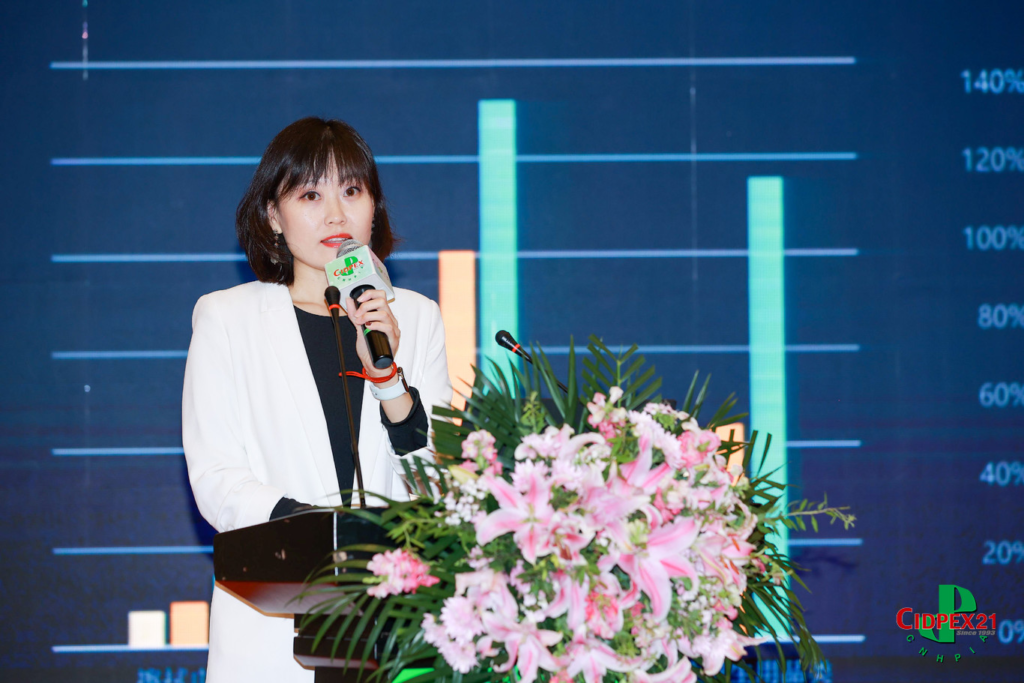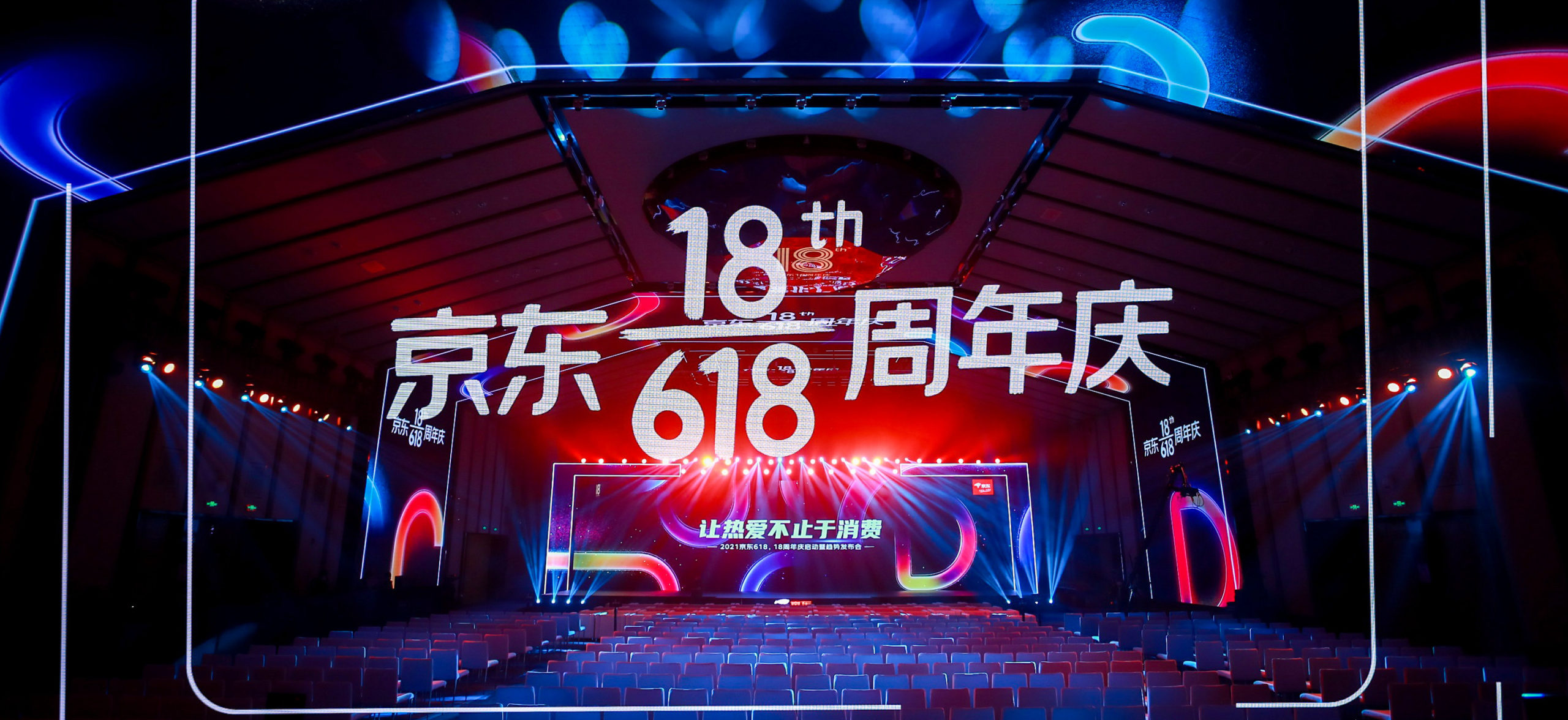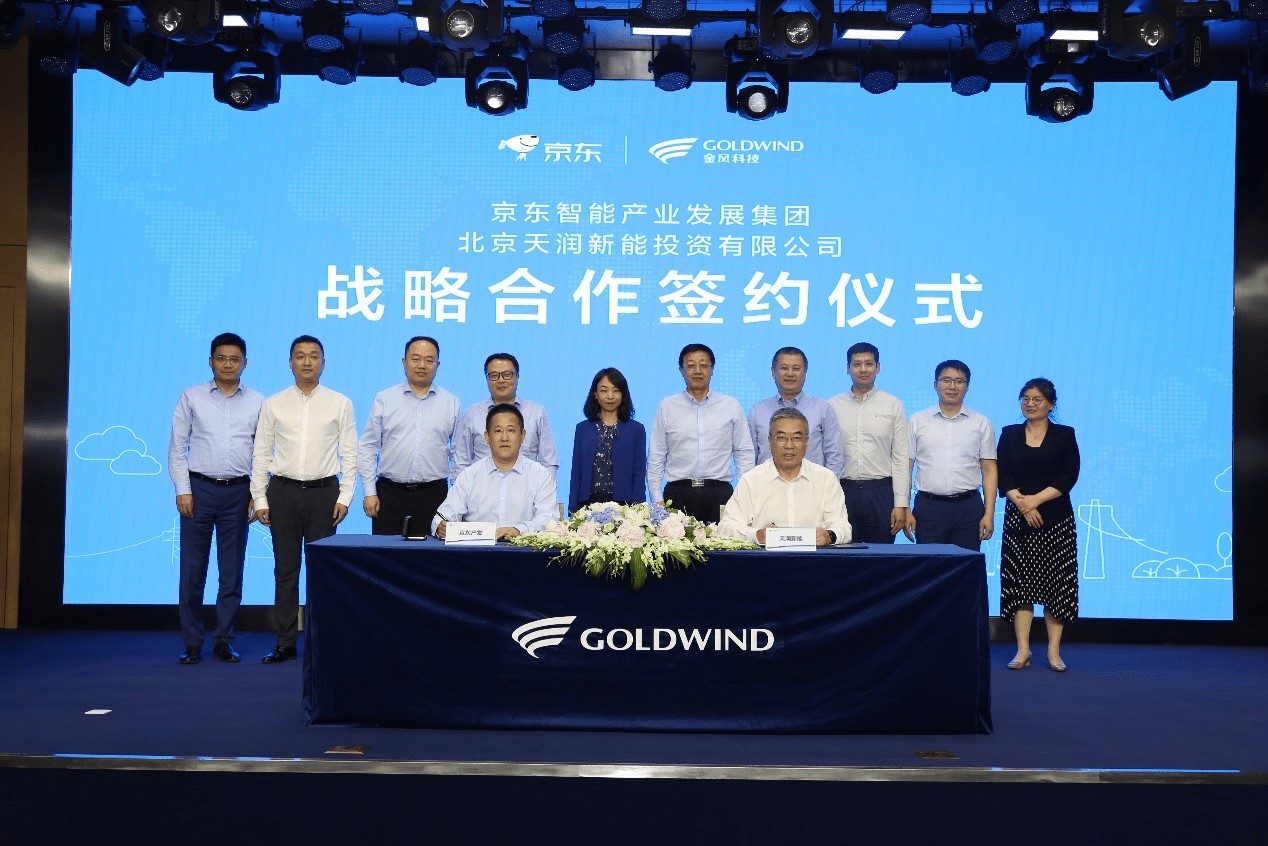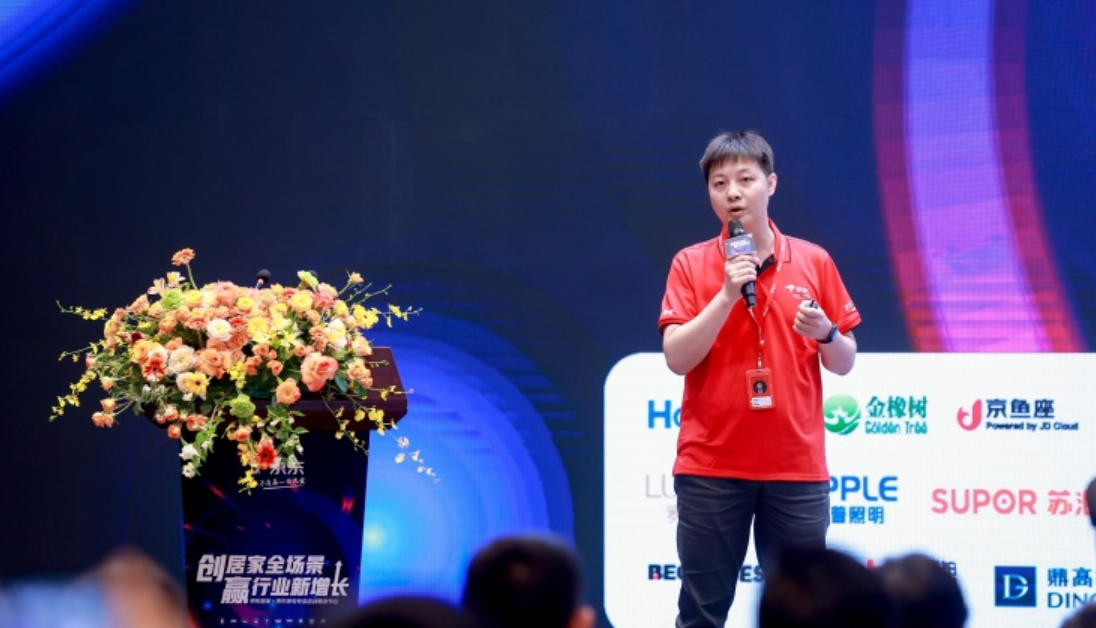by Ella Kidron
The global toilet paper frenzy which erupted during COVID-19 and sent massive jolts to paper products supply chains is a well-known and hot topic to discuss. Less is mentioned in terms of what happened in China where the mad dash to buy and store toilet paper was not as apparent, but masks and disinfectant wipes certainly saw massive spikes in demand. Even as the pandemic seemed to ebb in the country of nearly 1.4 billion people, demand for these products have remained high as wearing a mask is now part of the wardrobe.
On May 26, the JD Big Data Research Institute shared its report on China’s paper products market trends, shedding some light on the topic. The comments were made at the International Household and Sanitary Paper Products Forum hosted by the China National Household Paper Industry Association (CNHPIA), under the China Paper Association.
“We’ve seen that more and more consumers are accustomed to buying paper products online, regardless of age, gender or origin,” said Fei Dong, senior analyst at the JD Big Data Research Institute. “Female users are playing an increasingly important role in household paper products and are very sensitive to sales promotion. Categories such as wet wipes, which given that they are a ‘nice to have’, are representative of the consumption upgrade phenomenon in China are soaring and there is still much room for growth in lower-tier markets. In ‘on demand’ retail, FMCG products represented by paper products, have gained consumer recognition and are worth more attention from brands,” she added.

Fei Dong of the JD Big Data Research Institute
The upward trend of paper products sales across wipes, household paper products and absorbent sanitary products (think diapers, sanitary pads, etc.) can be seen from 2018 data, but is much more apparent when looking at 2019 vs. 2020 data. According to The Business Research Company’s paper industry outlook report, rising e-commerce is expected to drive the market for paper products. The global paper products market is expected to grow from US$837.6 billion in 2020 to US$885.6 billion in 2021 at a CAGR of 5%. According to the report, the Asia Pacific is the largest region in the global paper products market, accounting for 35.3% of the total in 2020, followed by North America, Western Europe and other regions. The market in China is expected to gain the most in China at US$41.2 billion.
Specifically looking at the three categories named above, the household paper products category is higher than the other two. Overall sales volume of paper products has increased 66% YOY between 2018 and 2020. The absorbent sanitary products category increased the fastest in 2020, reaching 115%. According to China National Household Paper Industry Association statistics, the overall size of the paper products market grew 2.6% from 2018-19, reaching RMB 119.8 billion yuan.
Purchasing moves online
Furthermore, as is the case with most categories, more and more consumers are now accustomed to buying paper products online. In the wipes category, wet wipes, cotton towels and moist toilet paper are the top three sub-categories in terms of sales volume, among which cotton towels have experienced significant growth, reaching 50 times the same period last year. In the household paper products category, the top three are napkins, toilet paper and pocket tissues. Growth in the napkins and kitchen paper towel categories is most notable. It should come as no surprise that the top three products in the absorbent sanitary paper category are masks, baby diapers and pullups among which sales volume of masks has reached 15 times the same period last year
Demographic breakdown
Age 26-45 consumers are the main force of wipes consumption. The proportion of age 16-25 consumers is growing the fastest while it is comparatively shrinking for age 36-45 consumers. Compared with the age distribution across JD’s platform, consumption by age 36-45 users in the paper products category is noticeably higher.
Female users are playing an increasingly important role in household paper products consumption. From the perspective of consumers’ genders, the portion of female consumers in the wet wipes category has remained high from 2018-2020, reaching 70% in 2020. Female consumers are found to prefer cotton towels and kitchen cleaning towels, and pay more attention to facial cleansing. Male consumers prefer moist toilet paper and wet wipes. In the absorbent sanitary products category, male consumers account for a relatively high proportion of mask and baby goods purchases. Over the past three years, the share of male consumers has increased slightly, by 1.8%. Female users, on the other hand accounted for 62% of total purchases in the absorbent sanitary products category, of which products such as tampons and sanitary pads accounted for more than 80% of purchases.
Looking at the overall sales of paper products in provinces and cities across the country, sales in Guangdong, Beijing, Jiangsu, Shanghai, Sichuan, etc. are higher, while sales in Tianjin, Shanxi, Hebei, Shandong, Jilin, etc. have achieved rapid growth. Looking at the proportion of sales of various paper products in each market, wipes account for a relatively high proportion in 1st and 2nd tier markets, while household paper products capture the attention of consumers in 3rd-6th tier markets. The distribution of absorbent sanitary products across city tiers is relatively uniform
Sensitivity to promotions
Looking at the change in the proportion of users from the perspective of sensitivity to promotion and reviews in the past three years in the wipes category, consumers pay more attention to promotions and will chose align purchasing with promotions. Products with high attention to promotions are baby wipes, where as there is lower attention to promotions for ordinary wet wipes. In terms of attention to reviews, attention to reviews for moist toilet paper is high while attention for kitchen towel is low.
In household paper products kitchen paper towels is relatively high, whereas the proportion for napkins is relatively low. From reviews and keywords, consumers pay attention to thickness, liquid absorption, and cleaning effectiveness. When it comes to buying baby products and tampons, where attention to review is high, attention to promotion is also high, indicating that consumers will consider both when making purchases. People who pay more attention to goods such as tampons, pullups and baby diapers are more concerned about reviews and promotions overall. Looking at reviews and keywords, consumers pay attention to high quality, convenience of putting on/removing, aeration, and comfort.
New brands and new channels
Looking at the number of brands and products in the different paper categories for 2020, within the wipes category, the increase in new brands reached 135% and the increase in the number of products reached 168% indicating that more brands chose to invest in the wipes market. In the absorbent sanitary products category, the increase in the number of brands and products reached 75% and 68% respectively. There are relatively few new entrants into the tissue paper category, while the increase in new products reached 66%.
Finally, in “on-demand” retail (defined as delivery within a few hours, rather than days), FMCG products, represented by paper products, are gaining more attention from consumers. Food and beverages, fresh, paper products and personal care, remain the top categories for on-demand retail.
(ella@jd.com)










